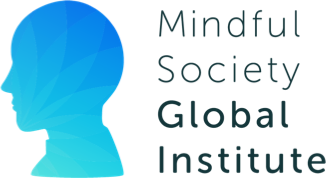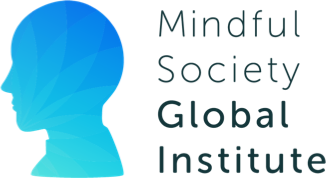Daniel J. Siegel M.D. received his medical degree from Harvard University and completed his postgraduate medical education at UCLA with training in pediatrics and child, adolescent and adult psychiatry. He served as a National Institute of Mental Health Research Fellow at UCLA, studying family interactions with an emphasis on how attachment experiences influence emotions, behavior, autobiographical memory, and narrative.
Dr. Siegel is currently a clinical professor of psychiatry at the UCLA School of Medicine where he is on the faculty of the Center for Culture, Brain, and Development and the founding co-director of the Mindful Awareness Research Center. An award-winning educator, he is a Distinguished Fellow of the American Psychiatric Association and recipient of several honorary fellowships. Dr. Siegel is also the Executive Director of the Mindsight Institute, an educational organization, which offers online learning and in-person lectures that focus on how the development of mindsight in individuals, families, and communities can be enhanced by examining the interface of human relationships and basic biological processes. His psychotherapy practice includes children, adolescents, adults, couples, and families. He serves as the Medical Director of the LifeSpan Learning Institute and on the Advisory Board of the Blue School in New York City, which has built its curriculum around Dr. Siegel’s Mindsight approach.
Dr. Siegel has published extensively for the professional audience. He is the author of numerous articles, chapters, and the internationally acclaimed text, The Developing Mind: How Relationships and the Brain Interact to Shape Who We Are (Guilford, 1999). This book introduces the field of interpersonal neurobiology, and has been utilized by a number of clinical and research organizations worldwide, including the U.S. Department of Justice, The Vatican’s Pontifical Council for the Family, Microsoft and Google. The Developing Mind, Second Edition was published in 2012. Dr. Siegel serves as the Founding Editor for the Norton Professional Series on Interpersonal Neurobiology which contains over three dozen textbooks. The Mindful Brain: Reflection and Attunement in the Cultivation of Well-Being (Norton, 2007) explores the nature of mindful awareness as a process that harnesses the social circuitry of the brain as it promotes mental, physical, and relational health. The Mindful Therapist: A Clinician’s Guide to Mindsight and Neural Integration (Norton, 2010), explores the application of focusing techniques for the clinician’s own development, as well as their clients’ development of mindsight and neural integration. Pocket Guide to Interpersonal Neurobiology: An Integrative Handbook of the Mind (Norton, 2012), explores how to apply the interpersonal neurobiology approach to developing a healthy mind, an integrated brain, and empathic relationships.
Dr. Siegel’s book, Mindsight: The New Science of Personal Transformation (Bantam, 2010), offers the general reader an in-depth exploration of the power of the mind to integrate the brain and promote well-being. He has written two parenting books, Parenting from the Inside Out: How a Deeper Self-Understanding Can Help You Raise Children Who Thrive (Tarcher/Penguin, 2003) with Mary Hartzell, M.Ed. and The New York Times bestseller The Whole-Brain Child: 12 Revolutionary Strategies to Nurture Your Child’s Developing Mind (Random House, 2011) with Tina Payne Bryson, Ph.D., both of which explore the application of the mindsight approach to parenting. Dr. Siegel’s latest release is The New York Times bestseller Brainstorm: The Power and Purpose of the Teenage Brain (Tarcher, 2013), which explores how brain development impacts teenagers’ behavior and relationships. His latest book with Tina Payne Bryson, Ph.D. is The New York Times bestseller No-Drama Discipline: The Whole-Brain Way to Calm the Chaos and Nurture Your Child’s Developing Mind (Bantam, 2014), which was released in September 2014.
Dr. Siegel’s unique ability to make complicated scientific concepts exciting has led him to be invited to address diverse local, national and international groups of mental health professionals, neuroscientists, corporate leaders, educators, parents, public administrators, healthcare providers, policy-makers, mediators, judges, and clergy. He has lectured for the King of Thailand, Pope John Paul II, His Holiness the Dalai Lama, Google University, London’s Royal Society of Arts (RSA), and TEDx. He lives in Southern California with his family.

